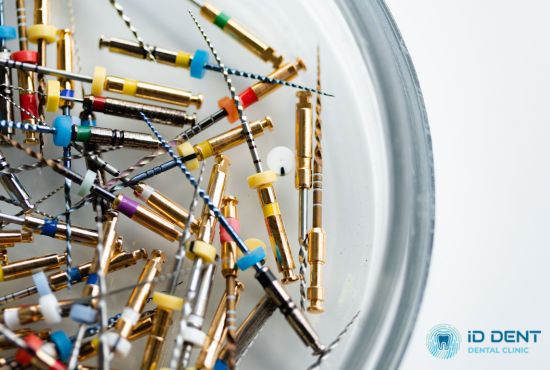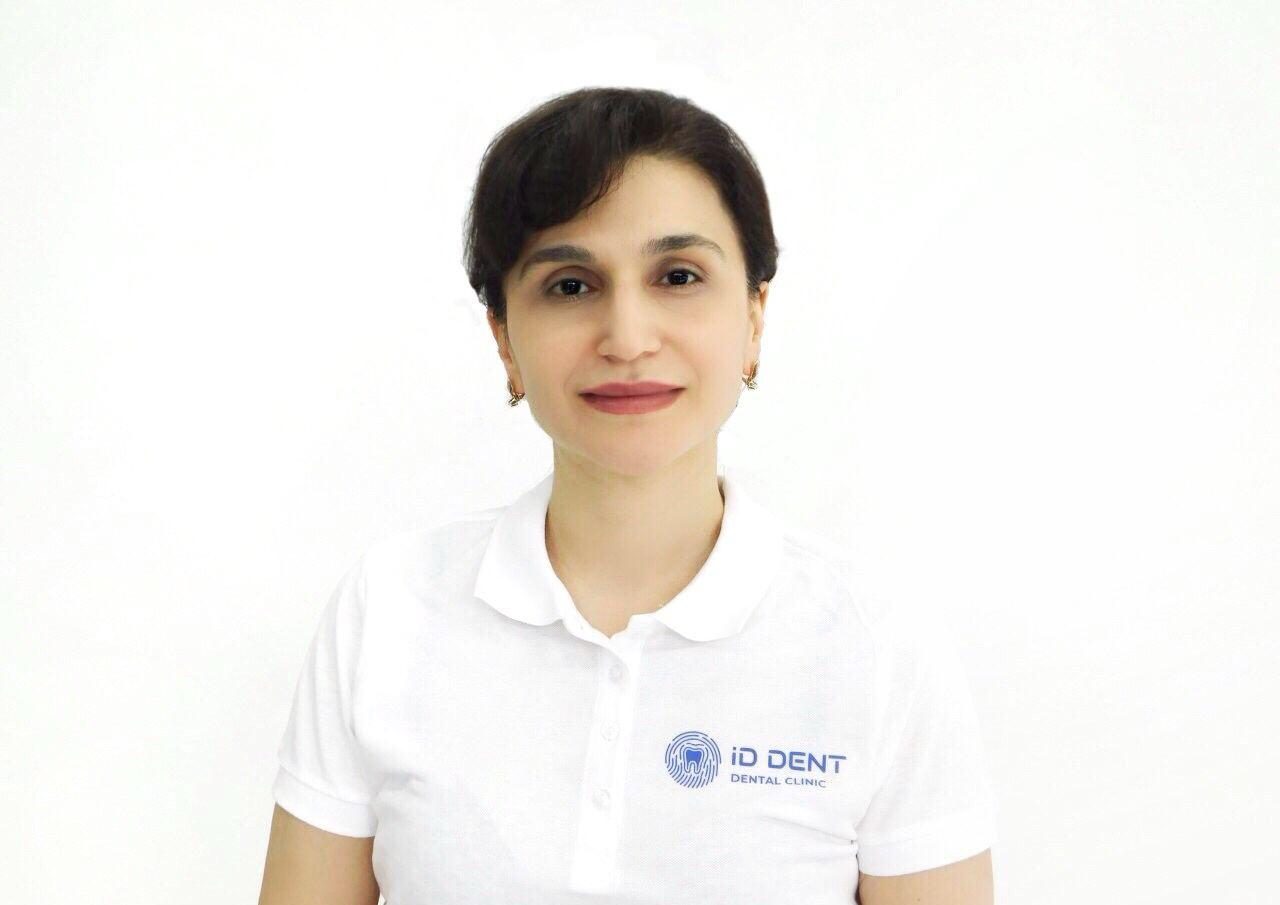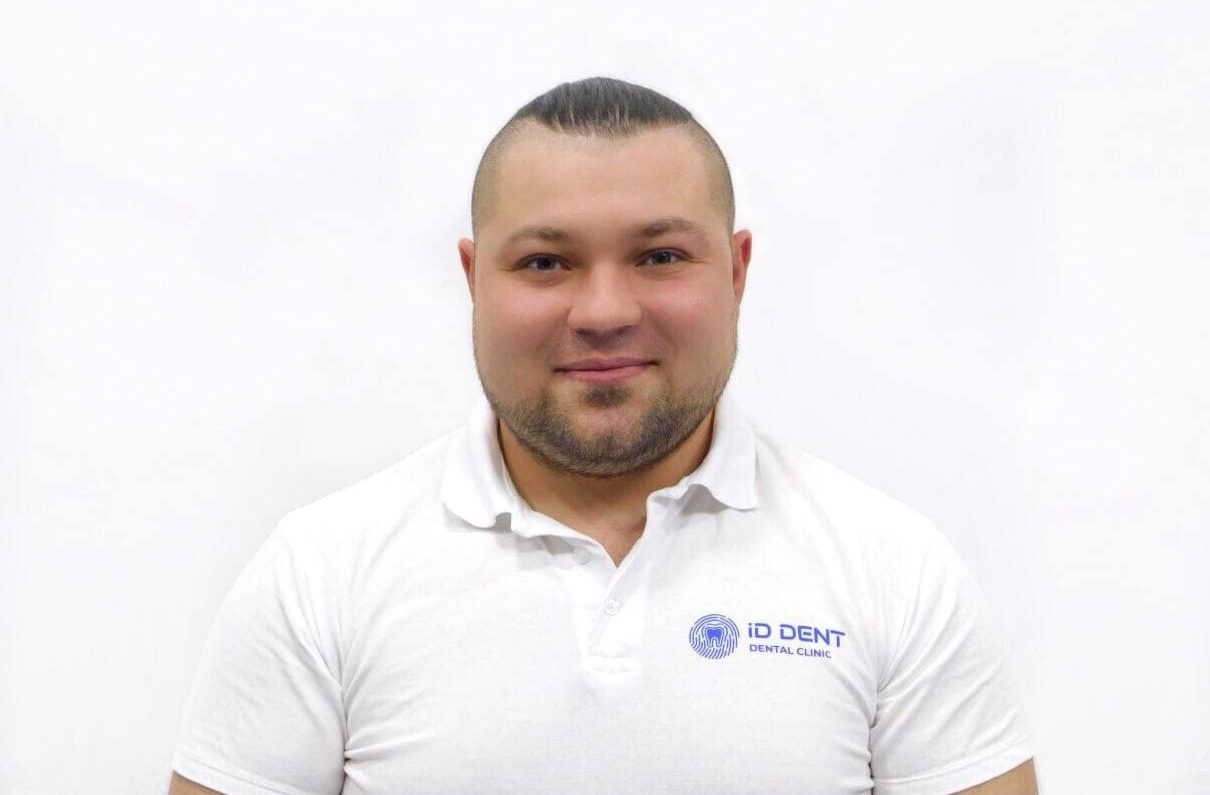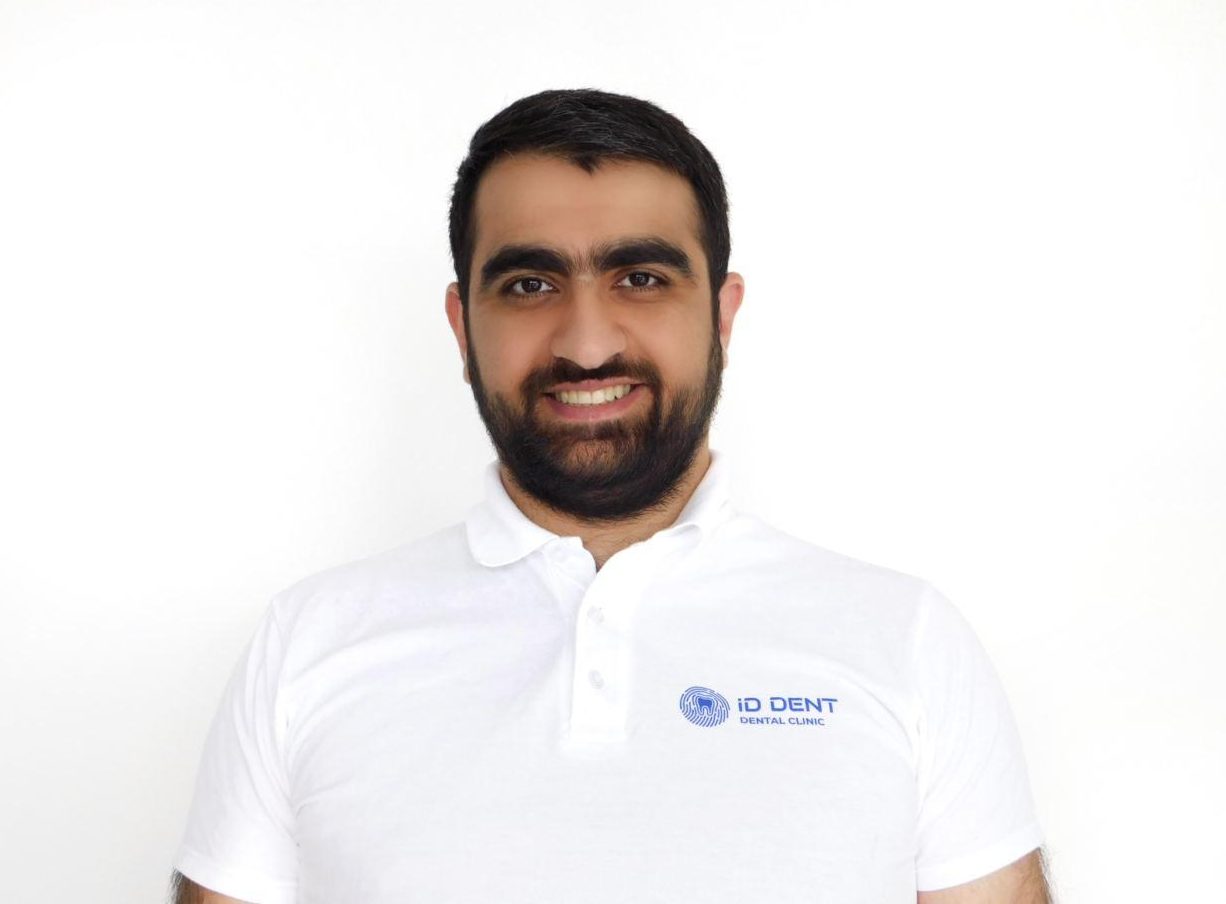Tooth Canal Treatment (Endodontics)
Treatment of tooth canals is necessary in the case of irreversible inflammation in the tooth pulp. Modern methods help relieve inflammation, prevent complications, and save the tooth healthy. Does your tooth have an aching or sharp pain? Sign up for endodontic treatment at the ID Dent clinic!
| Duration of 1 canal treatment | 25-40 min |
| Duration of 3-canal molar treatment | at least 1.5 hours |
| Possible complications | inflammation, infection |
| Contraindications | extensively damaged tooth, removal |
| Time recovery post-treatment | from several weeks to months |

The treatment of root canals, or endodontic treatment, involves the removal of infected or damaged pulp (the soft tissue inside the tooth), and the cleaning, processing, and filling of the tooth’s root canals. This procedure helps save the tooth from extraction and restore its function. At the ID Dent dental clinic, we perform root canal treatment efficiently and painlessly, using European protocols. Trust us with your smile’s health!
Indications for Root Canal Treatment
Untreated caries, pulpitis, and periodontitis can lead to root canal infection. These diseases form a cavity inside the tooth. Food particles entering this cavity create a favorable environment for bacterial growth, leading to inflammation in the root canals.
Root canal treatment in Kyiv is performed on patients who:
- Have caries reaching the tooth nerve, causing pulpitis.
- Have granuloma or abscess in the root area.
- Have trauma damaging the pulp or causing inflammation.
- Have developed periodontitis, inflammation of tissues around the tooth roots.
Contraindications
In some cases, root canal treatment is impossible. These include:
- Lack of accessibility and visibility of root canals.
- Inability to preserve the tooth due to extensive damage or other reasons.
- Systemic diseases or complications that pose a risk.
Before the procedure, a thorough diagnosis of the oral cavity is conducted to identify contraindications.
How long and how much does endodontic treatment take?
The duration depends on case complexity, the number of root canals, and complications. It usually requires one to two dental visits, but more time and visits are needed for complicated cases.
Cost varies with case complexity, tooth location, and treatment methods. Consult ID Dent dentists for cost estimation.
Diagnosis in Endodontics
To diagnose tooth problems and determine treatment necessity, the following procedures are performed:
- Oral examination by a dentist.
- Radiography to visualize root canals, analyze damage, and localize problems.
- Testing tooth sensitivity to cold or heat to assess pulp condition.
Treatment Methods for Tooth Canals
We use modern methods, therapeutically, surgically, or under a microscope. The endodontist in Kyiv chooses the method based on the clinical picture.
Therapeutic Method
The therapeutic method removes diseased pulp and cleanses root canals, followed by antiseptic solutions. Then the canals are filled with special material to prevent reinfection.
Initially, local anesthesia ensures patient comfort. The tooth is isolated using a rubber dam to prevent saliva and bacteria entry. Using a dental bur, access to root canals is created, removing tissue and existing fillings.
Using special tools called endofiles, the dentist cleans and widens root canals, removing infected or necrotic pulp. Antiseptic solutions rinse the canals to eliminate bacteria and infection.
After cleaning and rinsing, root canals are filled.
It is recommended to treat infected root canals in several visits, leaving medication in the canals (drugs based on calcium hydroxide, phenol, etc.). This aims for further reduction of bacteria in the complex root canal system.
Surgical Method
The surgical method is used when regular endodontic treatment is ineffective or impossible, involving surgical access through to the root tip to remove infected tissue, clean, and fill the canals. Known as apical resection or apicoectomy.
It is performed by a dental surgeon and recommended in cases such as failed previous treatment or recurring infection.
Microscopic Treatment
The complexity of endodontic treatment is due to significant work in a small area often invisible to the naked eye.
Microscopic treatment represents an advanced endodontic treatment approach, allowing detailed visualization and treatment of root canals. This enhances treatment outcomes and prognosis.
Microscopic magnification allows more precise and detailed viewing and treatment of root canal structures. It reveals even the tiniest channels and irregularities, leading to more thorough cleaning. After pulp removal and canal treatment, they are filled to prevent re-infection.
Advantages of microscopic root canal treatment include precise removal of infected tissue, reliable canal filling, improved treatment prognosis, and increased chances of preserving the tooth.
Steps of Root Canal Treatment
Here’s how a standard root canal treatment is performed:

- Anesthesia. Local numbing around the tooth so the patient feels no pain. Rarely, sedation may be used.
- Access to the root canals. Creating access to the tooth, for instance, by removing part of it or existing fillings.
- Cleaning the tooth canals. Removing infected or damaged pulp from the canals using special tools. Cleaning prepares the tooth for further treatment stages.
- Treatment of root canals. Rinsing and treating with antiseptic solutions to eliminate bacteria and prevent reinfection.
Then follows tooth canal filling – sealing the canals with special material to prevent bacteria penetration.
That’s all: endodontic tooth canal treatment is complete! Enjoy a beautiful, healthy smile.
Post-Endodontic Treatment Recommendations
Mild discomfort or soreness may occur post-procedure, but typically subsides within days.
Thus, please:
- Take recommended pain relievers as needed.
- Avoid chewing on the treated side until complete healing to prevent damage or reinfection.
- Avoid hard and sticky foods. Refrain from hard and sticky foods to avoid additional damage to the treated tooth.
- Follow oral hygiene recommendations, including regular brushing and floss with care.
- Visit your dentist regularly for check-ups and treatment assessments.
Contact your doctor with any post-treatment questions or issues.
How is the cost of root canal treatment determined?
Treatment cost is based on case complexity, number of canals, tooth location, and dentist qualifications. Factors like additional procedures or advanced technologies (microscopic treatment) can influence cost. Consult a dentist for pricing. For a rough idea of treatment cost in Kyiv at ID Dent, check this webpage above.
Want to schedule a dental appointment? We are waiting for you! Location of the ID Dent Medical Center: Kyiv, Left Bank of the Dnipro. Close to metro stations Lesnaya and Chernihivskaya. Schedule a consultation – by phone or through the feedback form.
List of References Used:
- Kuzmina D.A, Pihur O.L., Ivanov A.S. Endodontic treatment of teeth: methodology and technology. – 2019. – 285p.
- Khomenko L.A., Biedenko N.V. Practical Endodontics. – 2002. – 197p.
- Maria Baranska-Gakhovskaya. Endodontics of adolescent and adult age. GalDent – 2011. – 496p.

 Kyiv, st. Bratislavskaya 14B
Kyiv, st. Bratislavskaya 14B Mon.-Fri. 9-20, Sat.-Sun. 10-18
Mon.-Fri. 9-20, Sat.-Sun. 10-18







